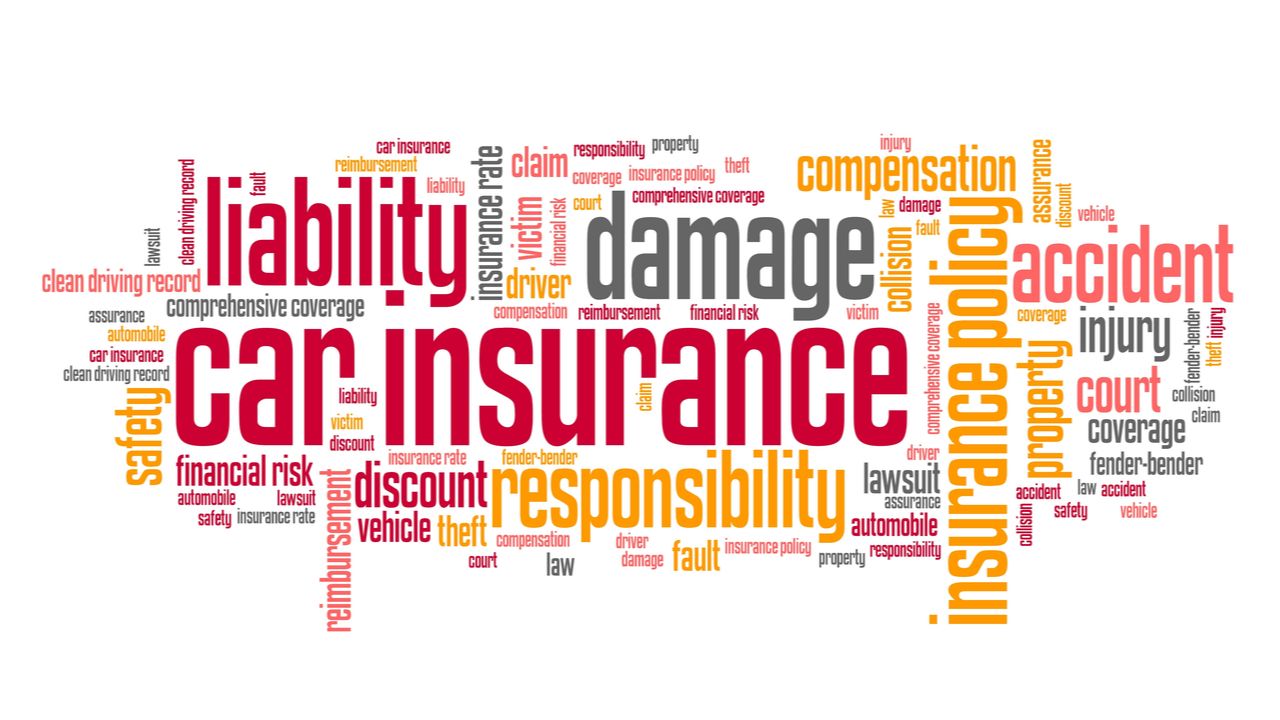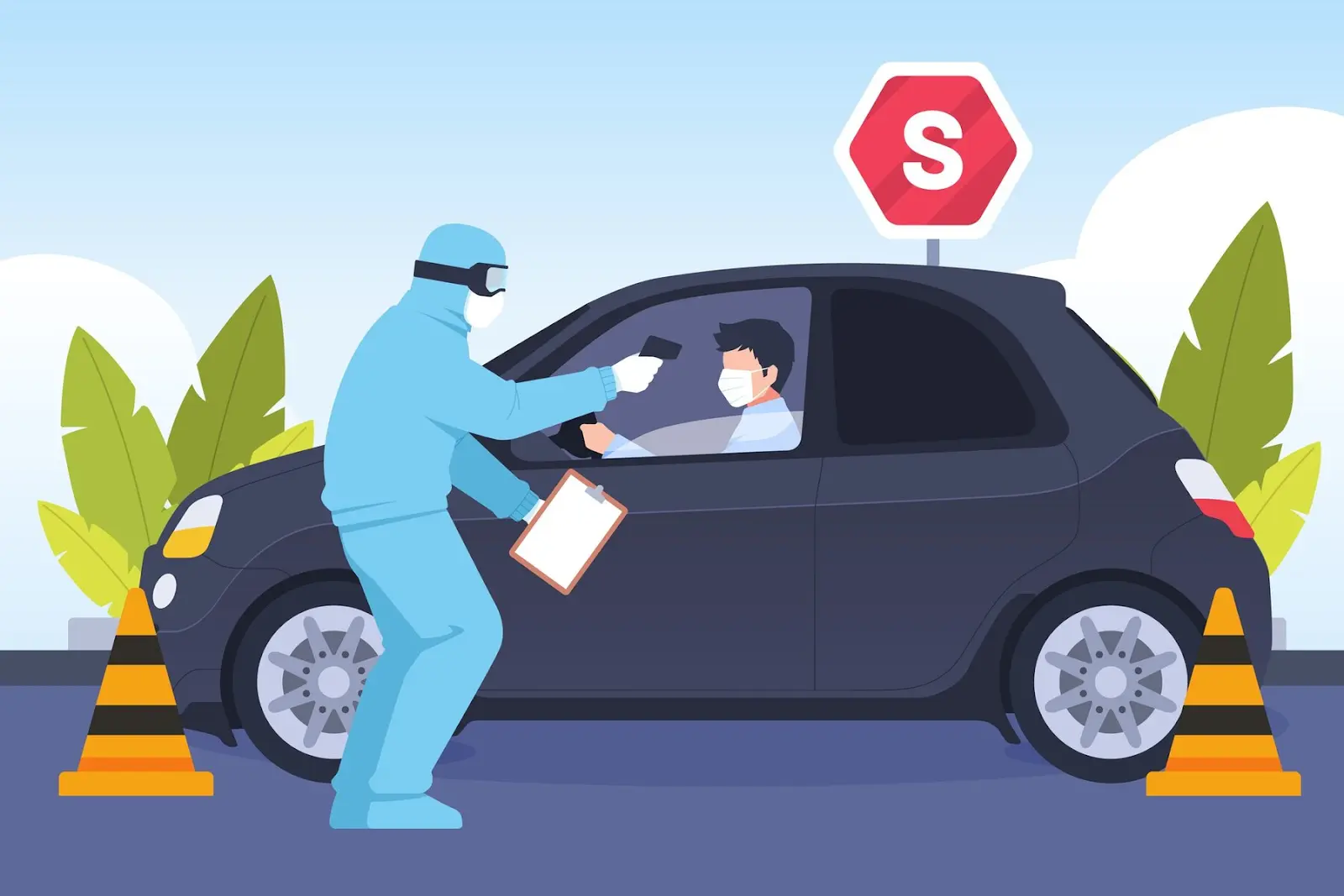
Though legally mandatory, a car insurance policy might confuse a common man who finds it difficult to understand the technical terms of the plan. Especially at the time of a car insurance claim, your clients might find it hard to understand the meaning of difficult terms and claim the rightful benefit under the policy. So, as a financial advisor to your clients, it becomes important for you to simplify the complex car insurance terms and make them simple to understand.
Here are ten of the most common car insurance terms which sound complex and technical –
-
Own damage cover and premium
Own damage refers to the damages suffered by the car itself. This cover is available under comprehensive car insurance policies. So, if the policy states own damage cover it means that the policy would cover the damages suffered by the car. For this own damage cover, a premium is charged which is called the own damage premium.
-
Third party liability
Third party liability means the financial liability suffered by your client if his/her car causes any type of damage or injury to another individual or property. If any individual dies or becomes injured due to the car, your client would face a legal liability to pay the third party for the financial loss caused. Similarly, if an individual’s property is damaged by the car, a liability would be incurred. These liabilities are called third party liabilities.
-
Compulsory deductible
Under every car insurance policy, there is a specific amount which is called the deductible. This deductible represents a claim limit and it is mandatory in nature. That is why it is called compulsory deductible. Only when claims exceed the compulsory deductible does the car insurance policy pay for the claim suffered. Moreover, the amount of compulsory deductible is not paid by the insurer. It is an out-of-pocket expense for your client. The insurance company pays that amount of claim which is more than the compulsory deductible. For instance, if the compulsory deductible is INR 1000 and the claim amounts to INR 10,000, the insurer would pay INR 9000 while INR 1000 would have to be paid by your client.
-
Voluntary deductible
Contrary to compulsory deductible which is mandatory, voluntary deductible, as the name suggests, is optional. If your client chooses voluntary deductible, it would be added to the amount of compulsory deductible. Thereafter, claims exceeding the compulsory and voluntary deductibles would be paid by the insurance company while your client would have to bear both the deductibles out of his/her own pockets. So, in the above example, if the voluntary deductible is INR 2000, the insurance company would pay a claim of INR 7000 while INR 3000 would have to be paid by the client. A voluntary deductible helps your clients get a lower premium as insurers offer a discount for choosing the deductible because their claim liability gets reduced.
-
Add-ons
Add-ons are optional coverage features which are allowed with comprehensive car insurance policies. These features add to the scope of coverage of the policy and come at an additional premium. Your clients can choose one or more add-on coverage benefits as per their requirements for an all-round protection. Some common add-ons which are available include the following –
-
Roadside assistance
-
Zero depreciation
-
Engine protection
-
NCB protection
-
Lost key replacement
-
Return to invoice, etc.
-
-
Preferred garage
A preferred garage is the workshop which is tied-up with the insurance company to offer its policyholders the benefit of cashless claim settlements. If your clients get their cars repaired at a preferred garage, they can make a cashless claim wherein the insurance company would settle the repair bills directly with the garage.
-
Nil depreciation cover
This is an add-on cover which removes the effect of depreciation from your clients’ car insurance claims. When a claim is made, the insurance company deducts the cost of depreciation applicable on the different parts of the car. Thereafter, the repair costs are paid. However, the garage charges the full cost of repairing the car without factoring in depreciation. Since the company does not pay for depreciation, your clients have to pay the difference between the actual repair costs and the claim paid by the company. This results in a considerable out-of-pocket expense. The nil depreciation cover prevents this expense. If the cover is chosen, depreciation is considered to be nil. As such, the insurance company does not deduct the cost of depreciation and pays the actual repair costs incurred.
-
Roadside assistance cover
This is another add-on offered with comprehensive policies. Under this add-on, the insurance company provides round the clock assistance in case your client’s car breaks down in the middle of the road and cannot be towed to the nearest garage. Some of the services covered under roadside assistance include flat tyre replacement, refuelling of empty fuel tank, lost key replacement, jump starting a dead battery, towing facilities, etc.
-
Insured Declared Value (IDV)
Under comprehensive car insurance policies, the coverage level of the policy is called the Insured Declared Value. This value is calculated as the current value of the car after depreciation. The market value of the car (excluding the cost of registration and insurance) + the value of accessories fitted in the car – depreciation based on the age of the car is the formula for calculating the IDV. The IDV is paid by the insurance company in case of theft of the car or when the car is completely damaged.
-
Total Constructive Loss (TCL)
Total Constructive Loss is considered to occur when the car gets so badly damaged that the repair costs are estimated to exceed 75% of the IDV. In such cases, the claim is called a claim of TCL and the insurance company pays the IDV of the car insurance policy after deducting the estimated scrap value for which the car can be sold as scrap.
These are some of the common, important and technical terms related to car insurance policies which your clients should understand. Make these terms simpler for your clients so that they can buy car insurance without any doubt or confusion. As their confusion is cleared away you would be able to increase your sales and sell your clients the best and the most comprehensive car insurance policies.








